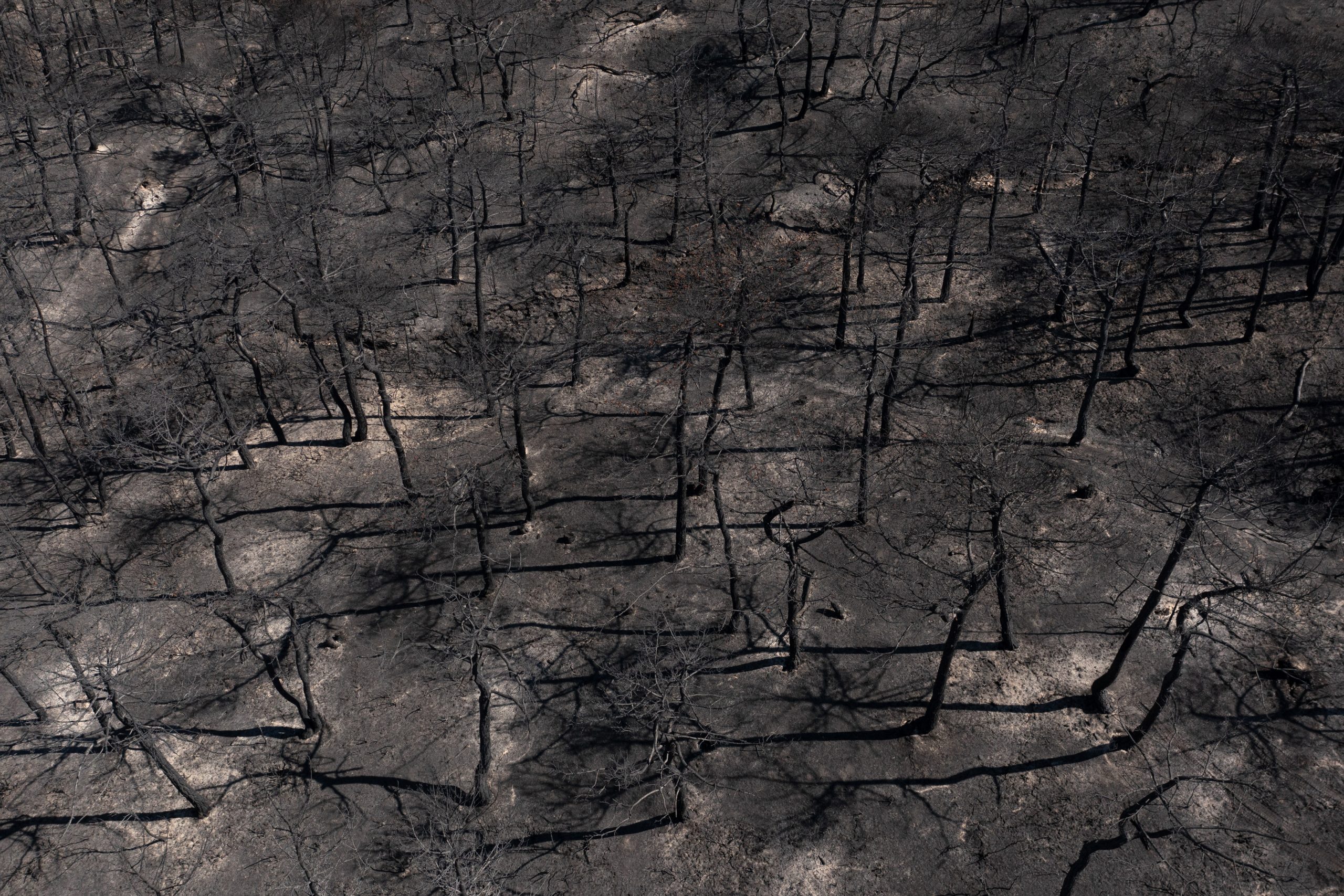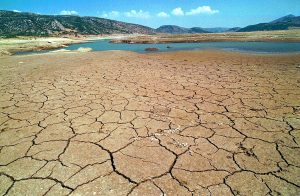The study emphasizes that the climate crisis is also a child rights crisis, disproportionately affecting vulnerable groups such as girls, children with disabilities, and those living in poverty.
The report reveals that the increasing frequency of extreme weather events in Greece is threatening children’s education, mental health, and overall development. Unfortunately, existing climate change adaptation policies and regulations lack specific measures and provisions for children.
Greece’s Children: Key Findings of the Report
The report shows that over 307,000 children in Greece are highly vulnerable to the effects of climate change. Intense heat, drought, and water stress are among the key challenges, with the Peloponnese, Thessaly, and Western Greece facing the greatest risk for natural disasters.
Climate change and related extreme weather forced 25 municipalities to declare a state of emergency due to drought between May and September 2024.
Meanwhile, nearly 70% of students surveyed for the report said they were unable to attend classes due to adverse weather conditions last year.
Additionally, 80% of teachers reported that the schools where they worked last year were inadequately equipped to handle extreme weather events.
The extreme weather events and their longterm impact has translated into heightened levels of anxiety among children, find the report, with the children themselves stating that the lack of greenery negatively impacts their well-being.





